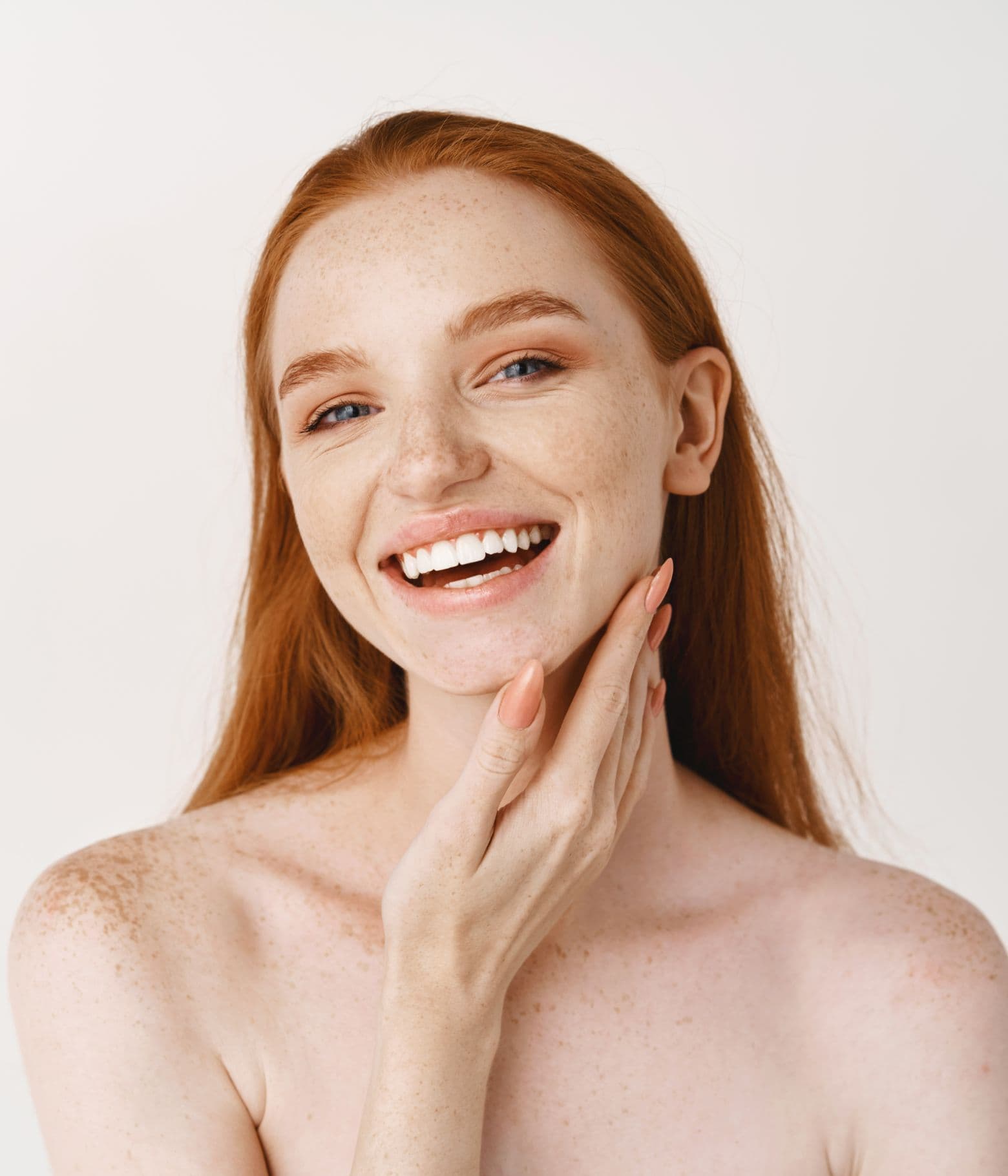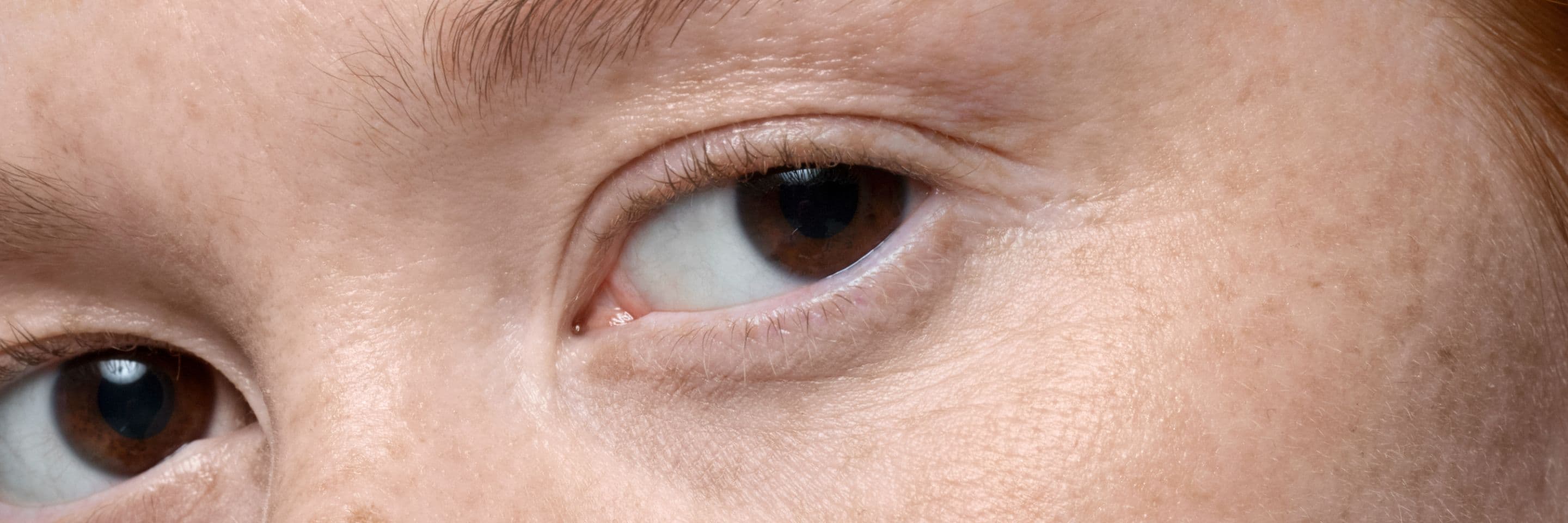The Role of Diet and Nutrition in Skin Health
SJ Riviera
September 25, 2024


Your skin, the body's largest organ, reflects your overall health, and diet plays a crucial role in its appearance. What you eat can directly influence factors like hydration, elasticity, and even the development of wrinkles. By incorporating nutrient-rich foods into your diet, you can nourish your skin from within and promote a healthy, youthful glow. In this article, Revea will discuss the role of diet and nutrition in skin health.
Key Nutrients for Healthy Skin:
Antioxidants: These compounds help protect your skin from damage caused by free radicals, which can contribute to aging. Foods rich in antioxidants include berries, dark chocolate, nuts, seeds, and leafy green vegetables.
Omega-3 fatty acids: These essential fatty acids help maintain skin hydration and elasticity. Excellent sources of omega-3s are fatty fish like salmon, mackerel, and sardines, as well as flaxseeds, chia seeds, and walnuts.
Vitamin C: This vitamin is essential for collagen production, a protein that gives your skin structure and elasticity. Citrus fruits, strawberries, bell peppers, and broccoli are all good sources of vitamin C.
Zinc: Zinc plays a role in wound healing and collagen production. It can be found in oysters, meat, poultry, beans, and nuts.
Foods to Incorporate for Healthy Skin:
Fruits and vegetables: These are packed with antioxidants, vitamins, and minerals that benefit your skin. Aim for a variety of colorful fruits and vegetables in your diet.
Whole grains: Whole grains provide fiber and B vitamins, which support healthy skin. Opt for brown rice, quinoa, and whole-wheat bread.
Lean protein: Protein is essential for skin repair and regeneration. Include lean sources like chicken, fish, beans, and lentils in your meals.
Healthy fats: Healthy fats, such as those found in avocados, nuts, and seeds, can help keep your skin hydrated and supple.
Dietary Habits to Adopt:
Stay hydrated: Drink plenty of water throughout the day to keep your skin hydrated and plump.
Limit processed foods: Processed foods often contain unhealthy additives and preservatives that can harm your skin.
Reduce sugar intake: Excessive sugar intake can contribute to inflammation and premature aging.
Listen to your body: Pay attention to how your skin reacts to different foods. If you notice any adverse effects, consider eliminating or limiting those foods.
By nourishing your body with a healthy diet, you can support your skin's natural beauty and help delay the signs of aging. Remember, a balanced approach that includes a variety of nutrient-rich foods is key to achieving optimal skin health. If you are looking for a skin assessment to help you manage your skin concerns, Revea offers a 1:1 free skin assessment. This will help you achieve your healthiest skin yet!


